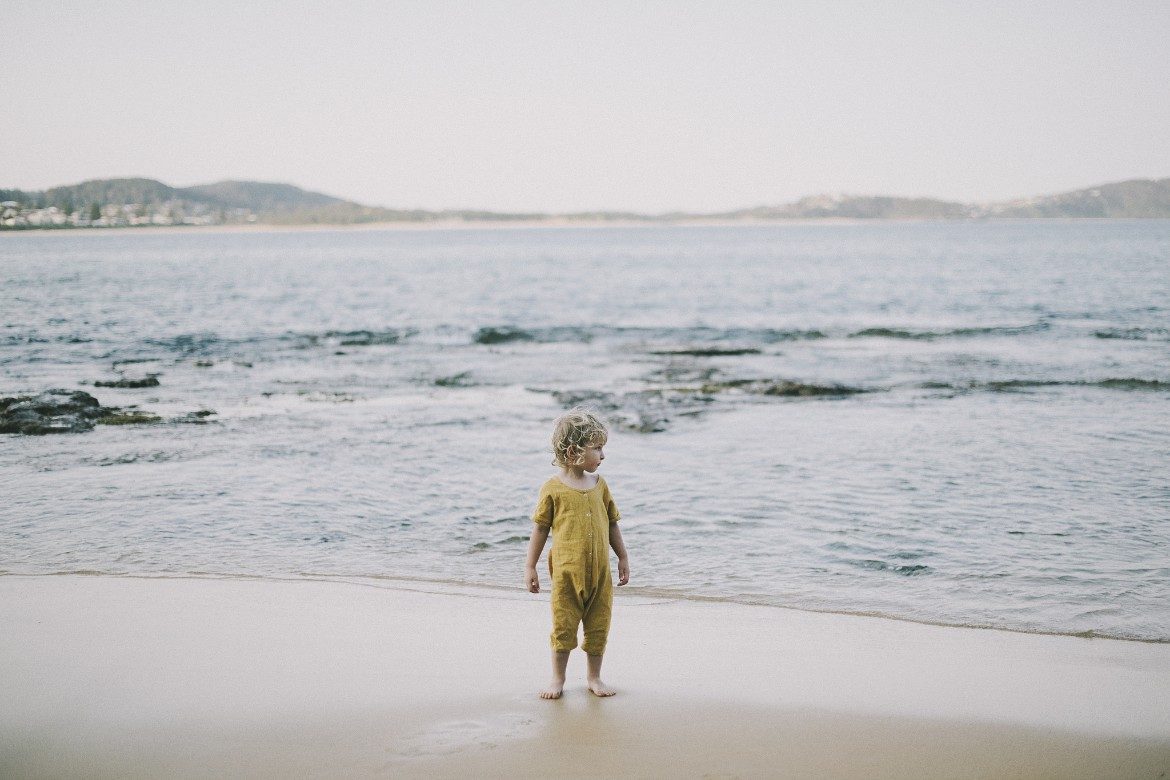By Genevieve Simperingham
Some parents have said that peaceful parenting wouldn’t work, or hasn’t worked, with their strong willed child, that they need a more strict approach. And indeed each child is unique and each parent-child relationship is both unique and complex. Yet I believe that peaceful parenting is especially important for the very strong-willed spirited children who can feel so deeply and passionately. The more traditional authoritarian parenting approaches can result in a lot of unnecessary and heart-breaking conflict and power struggles for parent and child alike. These children tend to have such a strong need for some autonomy over decisions that affect them, and they crave to be treated fairly and respectfully. Yet, they equally need to feel held and guided and grounded.
From authoritarian to permissive parenting
When parents start to practice a more peaceful gentle parenting approach, it can take a while to figure out how to maintain the limits and boundaries without resorting to punishments, imposing consequences, reward systems or threats such as, “if you don’t, then there’ll be no computer time for you today”. There’s often a tricky period between deciding not to use punishments, but before new skills have been learned or mastered. And consequently, the pendulum can swing back and forth between an authoritarian style (parent’s will overpowers the child’s will) and a more permissive style (child’s will overpowers their parent’s will), and this can result in quite a bit of chaos and confusion. The authoritarian and the permissive approaches lack the skillful holding, guidance and support that the child needs. If this sounds a bit like where you’re at, I want to encourage you to not give up! And know that you’re not alone! In fact, all the resources that I offer are aimed at helping parents learn and master the new skills that can decrease the power struggles and increase harmony, inch by inch. Beautiful changes can happen when we start to make that shift from wondering how we can make our child (or partner!) do this or not do that, to truly opening our heart to wondering how we can help our child (or partner) overcome the current challenge.
“Come on child, work with me here!”
When parenting has been quite the battleground, parents may understandably feel so desperately in need of some proof, or at least hope, that their increased patience and kindness are paying off. Yet sometimes, not only does the child not express gratitude, but their protests get even louder! Because the spirited child tends to be so much less compliant than a child with a different personality type, they often attract a lot of pressure and hostility at home, at kindy, at school and in their social group. These children have so often felt very controlled, powerless, blamed and misunderstood for acting in ways that often feel beyond their control. And they may have lost some of their trust in their parent’s and teacher’s guidance, making this a difficult transition for them too.
What helps to ease the transition?
Quite often, those who believe that peaceful parenting doesn’t work may need to put increased focus on the rebuilding of trust, perhaps increasing their one on one quality time with their child. Play and laughter can really help, and especially power reversal games, where the parent takes the less powerful, less intelligent, less onto-it role, can be very healing during such transitions. Sometimes, in a commitment to reduce conflicts, parents can become overly permissive, leaving their strong-willed child too much at the mercy of their intense desires. Children need a lot of help developing self-discipline and skills to manage their impulse control. The child who picks up that their parent now has more patience to hear their frustrations, can experience quite the swelling of frustration, sadness, anger and even rage that has built up when the relationship has been filled with conflict. Yet as difficult as it may be to listen to your child expressing strong feelings and complaints, your child gaining your understanding of their struggles and frustrations plays an essential role in bringing about more healing, understanding and eventually greatly increased cooperation and depth of connection in the relationship.
Instead of seeing your child as being difficult, see them crying out to feel truly seen and heard.
Meg’s experiences with her strong-willed child
Meg Rodney, one of our peaceful parenting mentors (and forum admin), shares a little about parenting her strong-willed son:
“I did not peacefully parent my strong-willed son from the get-go. I always envisioned being a calm, sweet mama whose kiddos did the right thing because it was the right thing. I thought to myself, ‘I’m nice. My hubby is nice. We were both ‘good’ ‘easy-going’ kids. We’ll have ‘good, easy-going’ kids.’ Alas! My oldest was anything but easy-going. He was contrary and moody and felt things so intensely! He had a very strong sense of fairness. We had such a hard time getting him to behave and listen. We resorted to punishments and we were constantly having to shift our rewards for him because we couldn’t figure out his ‘currency.’ We couldn’t motivate him. He was so strong-willed, and the parent I had become to him broke my heart and left me feeling awful about myself. I didn’t want to be punishing him all the time, but I thought that there was no other way to parent a strong-willed child.
“When I first discovered some of the peaceful parenting techniques, I remember thinking, ‘I can see this working for my youngest, but there is no way it will work for my oldest.’ I remember thinking that *some* of the techniques might be handy but my oldest didn’t have that internal eagerness to please that my youngest did. I remember thinking he needed to learn to take responsibility for his actions and to understand his role when things didn’t go right.
“Over time, more concepts started to click with me – I began to look to the underlying cause/issue/feeling instead of reacting to the behaviour. I began understanding the need to connect before all things – before correcting, before transitioning, before requesting. I began to understand my own actions and how they were actually disrespectful – when I would interrupt my son’s important work (play) in order to have him do something I deemed more important, when I would bark orders, or give exasperated sighs, when I would try to get him to see my side without trying to view things from his point of view, how I minimized his feelings by not letting him have them, etc.
“Once I started employing peaceful parenting concepts to our daily lives, my relationship with this strong-willed boy transformed. Once he felt respected and valued, he began to treat me, my hubby, and our other son with more respect. Once allowed to feel what he felt, he was able to see how his actions might affect other people. Once I saw his behaviour as communication, I could slow down and address his heart. Was the transition easy? No way. Did his behavior instantly improve? Nope. Was it worth the long nights of rage and loooooong talks? Absolutely.
“I now believe that not only can strong-willed children be peacefully parented, but by parenting with compassion and respect, the strong-willed child gets the strong foundation that they need to reach their full potential. Peaceful parenting does that for all children, but I think the difference is more profound with strong-willed children.”
See next page for more…











